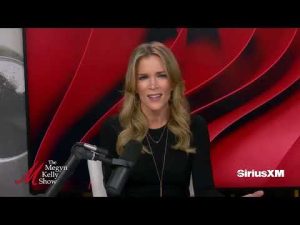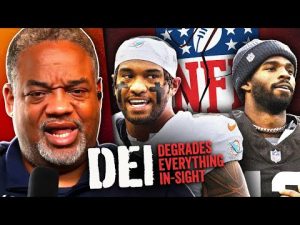In a recent move that has caught the attention of parents and conservatives alike, Disney’s Pixar division has decided to remove a transgender storyline from its upcoming animated series, “Win or Lose.” Originally set to stream in February, the show has been edited to exclude several lines of dialogue that addressed the character’s gender identity. While the character will still appear, this decision reflects a noteworthy shift in Disney’s approach to content aimed at younger audiences.
Disney’s official statement hinted at a growing awareness of parental concerns. The company recognized that many parents prefer to tackle sensitive subjects with their children on their own terms. This acknowledgment is a refreshing change in a climate where agendas have often taken precedence over the comfort and beliefs of families. At last, it appears Disney understands that parents want a say in what their children are exposed to—an idea that shouldn’t be revolutionary, yet it somehow is in today’s world.
Historically, Disney has courted controversy with its enthusiastic embrace of progressive narratives, as chronicled by diligent reporters like Chris Rufo. For years, the animation giant has made strategic choices that infused its programming with LGBTQ+ themes, leading many to believe that this was less about representation and more about an ideological mission. Critics argue that these portrayals acted as a recruitment tool for radical beliefs, aimed at impressionable young minds. The outrage from many parents suggests that they prefer to steer their kids away from these topics until they feel ready to engage in such discussions.
The latest change could be interpreted as a significant cultural revelation. It indicates that Disney is becoming increasingly aware that the American public, particularly families, are not aligned with this kind of radical storytelling. In more straightforward terms, parents have spoken, and Disney appears to be listening. This phenomenon may signal a larger trend where entertainment entities reconsider their narratives to better resonate with mainstream values, rather than chasing the latest cultural fads.
While Disney’s adjustments may contain humorous undertones—such as a company that has historically prided itself on magical storytelling now tiptoeing around sensitive topics—it’s crucial to recognize the seriousness of these choices. This situation underscores a growing collective voice among parents, advocating for age-appropriate content. As Disney reexamines its narrative strategies, it opens the door for a broader dialogue on the type of media that should entertain and educate the next generation without imposing adult ideologies too soon. In a world where families yearn for choice and control, Disney’s latest move may just be a sign that entertainment can still be magical without veering into controversy.







